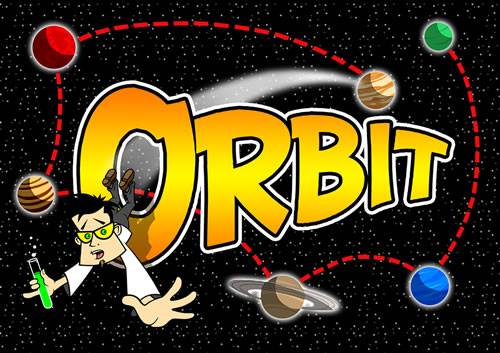Putting Games in Cultural and Historical Context
It’s easy to forget how much game design and marketing is driven by external cultural, technological, and political developments. It’s hard to see the shape of a moment that you’re in the middle of, but looking back can draw things into better focus. Here are two videos that do that in very different ways.
First is “playstation games that might be evil”.
This is a retrospective of some of the odder games from the first couple generations of PlayStation hardware. For people of my age who were gaming during these times, it’s nostalgic but it also recontextualizes things. It’s easy to forget that a lot of things we now take for granted in game design (perhaps most obviously, movement and camera control in 3D games) didn’t start with an obviously-correct convention and had some wide-ranging experimentation for a while, and in hindsight it’s much easier to see the cultural forces behind then-normal-and-now-weird marketing decisions. Video games are such a fast-evolving art form; it’s worth pausing to look back over the path once in a while.
Second is “Kriegsspiel! How Napoleon Accidentally Invented Strategy Games”.
This is a deeply-researched look at the evolution of strategy/war games over centuries of human history. It discusses their origins, purpose, and development, and how they are downstream of cultural and political changes and the ways people think about (and enact) real-life warfare. I’ve only dabbled in these kinds of games, but Weidman frames things clearly enough that I had no trouble following and I gained a new appreciation for how these games fit in to the way civilization has progressed.
These videos have very different vibes, but I find they improve each other. Starting with a look back at an era I lived through helped remind me how these developments feel while they are happening, and remind me that it’s possible to look back at them and understand them more deeply. That made the sweeping historical overview hit harder since I could analogize it to my own experiences and imagine how things felt at the time but also see how our modern perspective gives us a richer understanding. And looking back that far helped me understand that effects like those in the PlayStation video have been going on for as long as humanity has been creating art.

